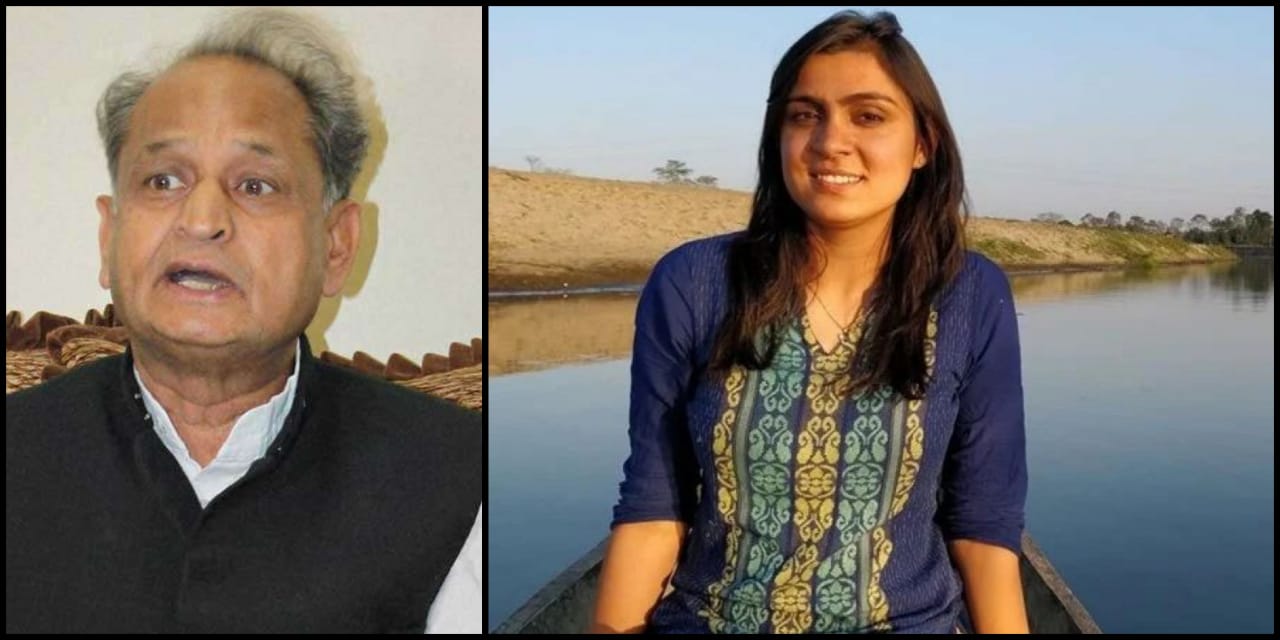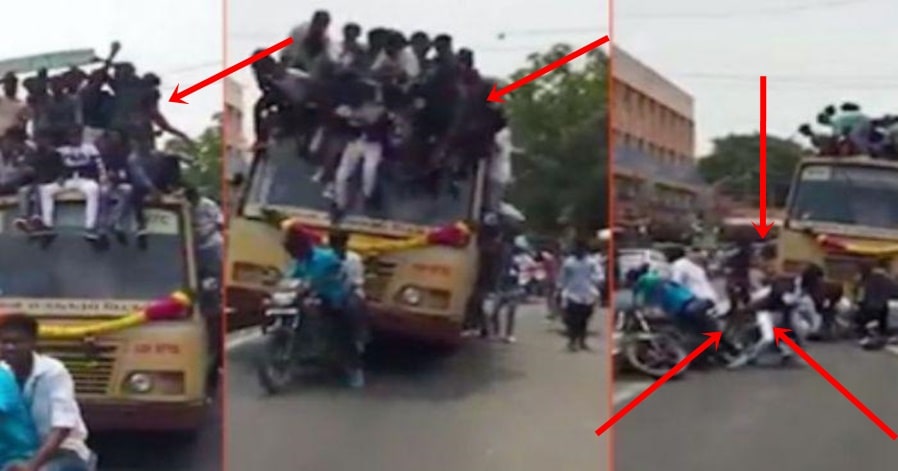No products in the cart.
Who was Karima Baloch, and why was she killed allegedly by Pak agents in Canada?
A shocking incident that took everyone by storm, Prominent Balochistan activist Karima Baloch, who had moved to Canada in 2016, was found dead in Toronto, Canada.
According to reports, the 35-year-old former student leader and activist who fled Pakistan in 2016 had gone missing from Toronto on Sunday. Police found her body drowned off an island near Toronto’s lakeshore. Reports suggest Pakistan’s intelligence agency ISI might be behind the killing of Karima Baloch.
Who was Karima Baloch?
Karima Baloch was a Canadian refugee from Pakistan who first emerged as a vocal critic of the Pakistani government in 2016 after she ran away from the country and sought exile in Canada. Apart from being a student of psychology in Pakistan, Karima was also the former chairperson of Baloch Students Organisation – Azad.
In 2016, she was named as one of BBC’s Top 100 Most Influential Women. She openly criticised Pakistan’s alleged atrocities against minorities in the province.
She received a lot of praise from Indians after she met Indian Prime Minister Narendra Modi on Rakhsha Bandhan and urged him to help Balochistan nationalists with their cause.
Was Karima Baloch anti-Pakistan?
Karima is known to pioneer women’s activism in Balochistan, one of the most conflicted regions in Pakistan. Even after leaving Pakistan, she had been vocal in criticizing Pakistan’s alleged atrocities and human rights violations in the province.
In 2018, Karima spoke at an event in Toronto to mark 70 years of Paksitani allegedly forced and illegal occupation of Balochistan. Karima and other pro-Balochistan activists have often sought support from India. Karima also raised the issue of Balochistan occupation in the UN’s Switzerland session. In 2019, during an interview she said that Pakistan was forcibly taking away resources from Balochistan and eliminating Balochistanis.
Baloch activists claim that the province was forcibly occupied by Pakistan on March 27, 1948. Anti-Pakistan activists claim that without the forcible occupation, Balochistan – the largest and resource-rich yet most backward province of Pakistan – could have been a free nation.
The region has since seen ongoing insurgency with the Balochistan Liberation Army, one of the most prominent separatist groups in Balochistan, carrying out several terror attacks on Pakistani military locations as well as security personnel. The organisation has been branded ‘terrorist’ by the Pakistani government.












